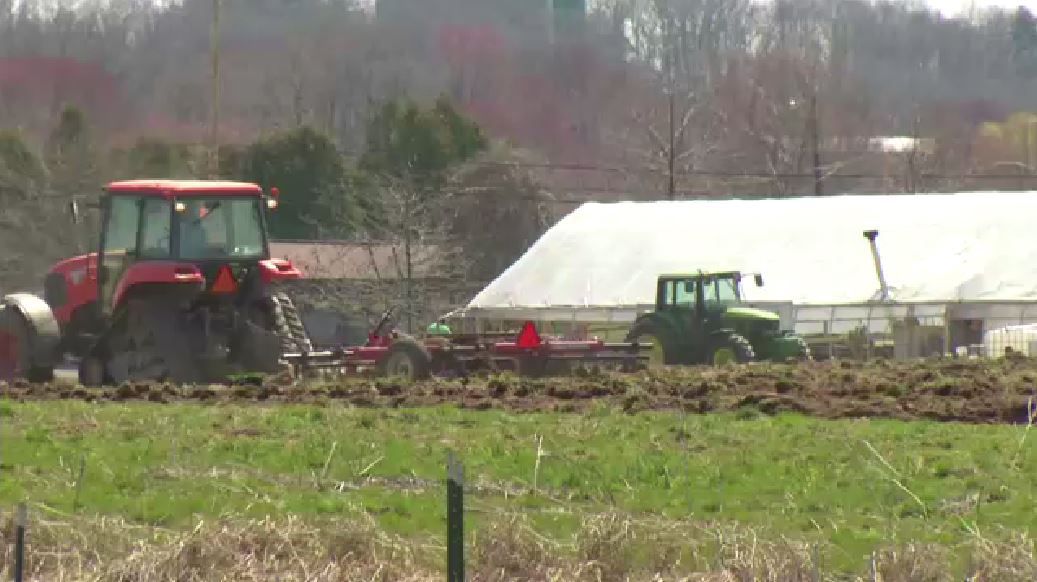The longstanding tradition of family farms being passed from generation to generation is changing, and despite what seems like an endless supply of farmland, young farmers don't have an easy task.
What is different? Low crop prices, combined with low fuel costs and the cheap affordability of international products, means many farmers are struggling to make ends meet. This also impacts their retirement savings -- or lack thereof.
The process for a new farmer to get a piece of property might not be as easy as one would think. There is a competition between potential farmers looking for properties and people wanting to build homes on that land. A farmer is going to sell their business to the highest bidder in most cases, to live out the rest of their life comfortably. A new, young farmer sometimes can’t compete. Then when a young farmer does find a property, the return on that investment won’t be seen for years, making the financial burden even greater when starting from scratch.
There are fewer and fewer active farms in New York state over the last 50 to 100 years, and some farmers say that once farm land becomes developed, it will never go back.
There may be fewer farms, but the demand is even greater now for locally home-grown food. There is a growth and popularity of farmers markets and farm-sharing programs, where people can get fresh local vegetables year-round. Some restaurants also include farm-to-table options for people who prefer knowing where there food comes from.
This means if trade wars, increased prices or global insecurity makes importing vegetables impractical, people will be looking at local farms as a primary source of food.
But is anything being done to help young farmers?
The National Young Farmers Coalition has become a leading advocate on a state and national level to help break down the roadblocks that prevent new farms from being established and successful.
Selling the rights to develop any farmland you buy is a way to get money back on the investment. Under a conservation easement, the land is preserved and the farmer gets a refundable income tax credit for taxes paid throughout the year. This sometimes makes it easier for young farmers to get off to a better start in the business.
In a bill being worked on at the Capitol, conservation easements would be strengthened, not only protecting the land from development, but ensuring it remains active farmland.
Legislation proposed on both national and state levels aim to go a long way in regards to ensuring food security well into the future.



